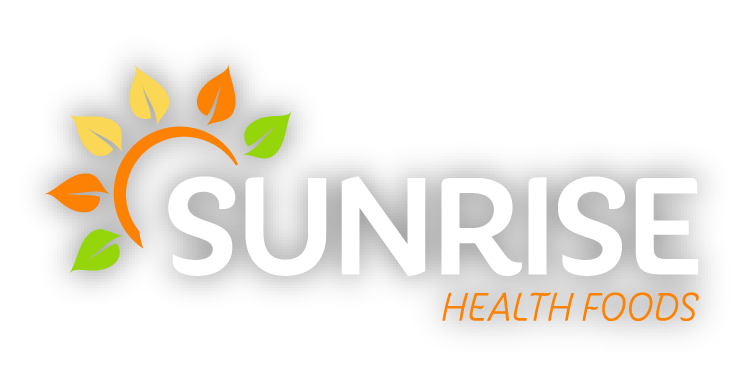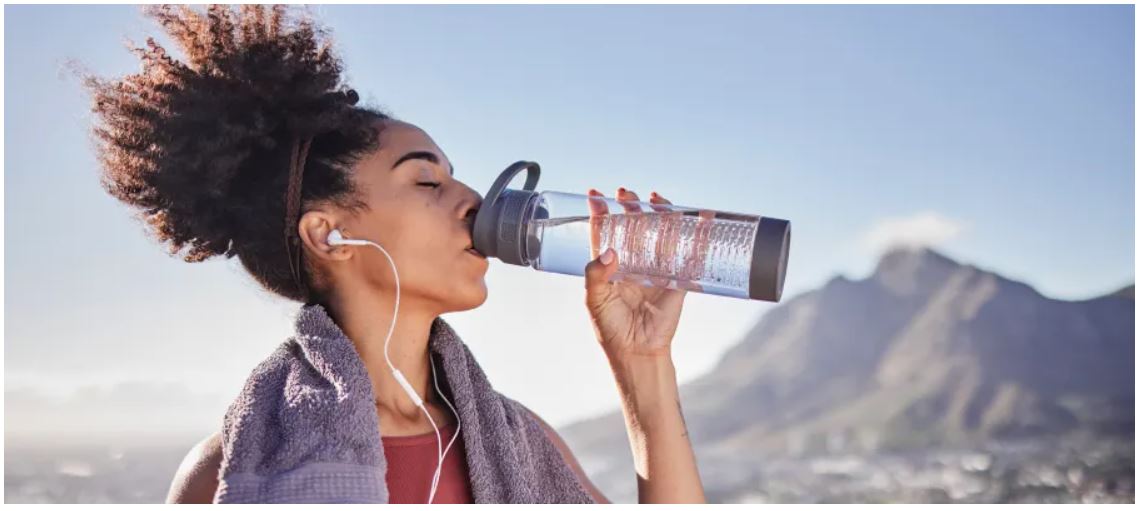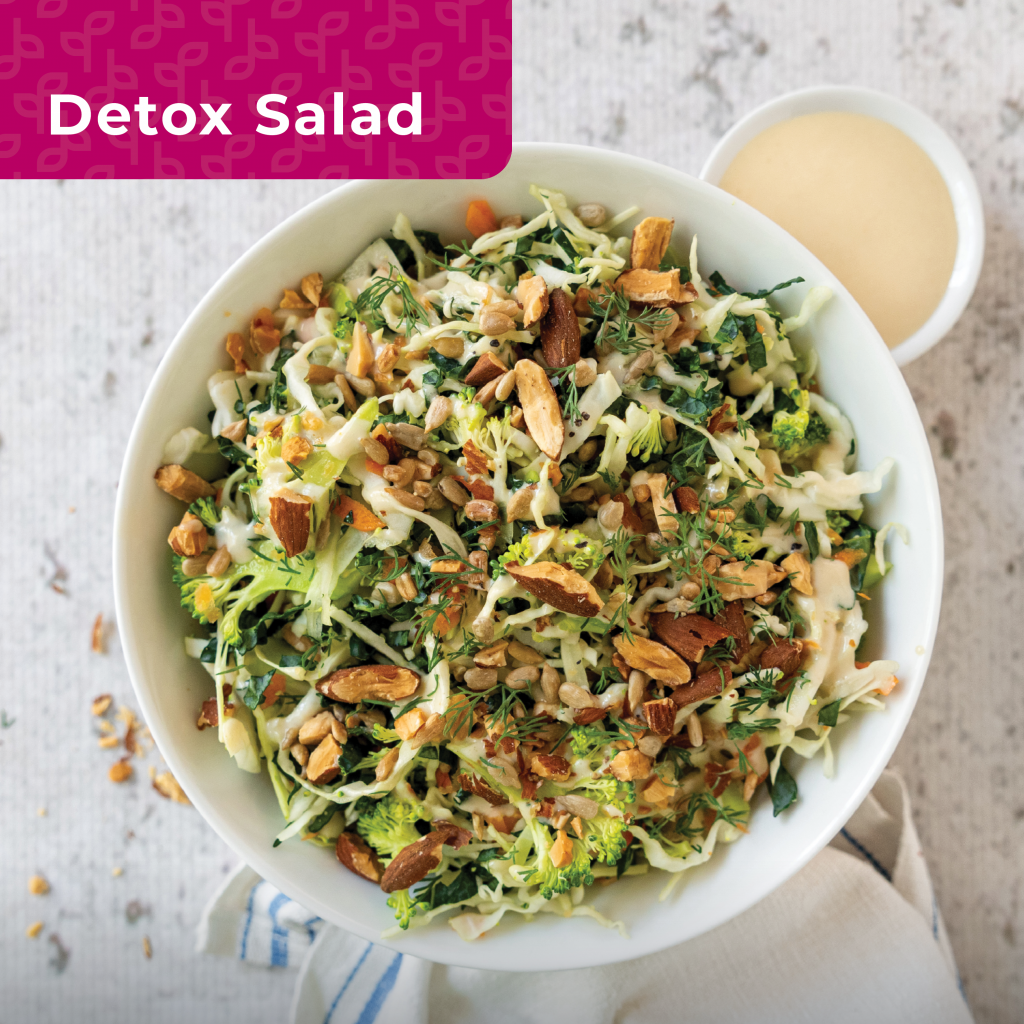
As the temperature rises and the sun shines brighter, our body’s nutritional needs uniquely change and our need for specific minerals to maintain hydration and optimal energy levels also evolve. Understanding the significance of essential minerals and how they unlock the power of electrolytes is the first step in your journey to staying hydrated and healthy all summer long.
Understanding the relationship between minerals and electrolytes
Minerals and electrolytes have a close relationship, as electrolytes are minerals that carry an electric charge when dissolved in water or bodily fluids. Electrolytes play a crucial role in maintaining proper fluid balance, nerve function, muscle contractions, and regulating energy. When we sweat or lose fluids through activities like exercise or hot weather, we lose those important electrolytes, increasing the risk of dehydration.
Essential Minerals & How to Eat Them
Sodium is critical for maintaining proper hydration because it promotes water absorption. Sodium also works with other electrolytes, such as potassium, calcium, and magnesium, to maintain overall electrolyte balance in the body. Sodium, unlike the other minerals, can be found throughout many foods, particularly foods that have been highly processed. However, natural sources of sodium can be found in vegetables such as celery, carrots, and beets, which can also provide other beneficial nutrients such as antioxidants and a variety of other vitamins and minerals.
On the other hand, because the typical American diet is high in sodium and low in potassium, potassium is particularly important when it comes to electrolyte balance. Like sodium, potassium is necessary to help regular fluid balance. This allows blood flow and nutrient delivery to active muscles to be maintained during movement, which can be particularly important during physical activity and when regulating energy. Luckily, potassium can be found in a variety of fruits and vegetables such cooked dark leafy greens like spinach and Swiss chard, avocado, bananas, and sweet potato. Whatever your preference, you are sure to find a food to incorporate into your daily diet.
Magnesium works in conjunction with the last two minerals we just discussed. It is a crucial mineral for muscle function and may help with leg cramps. Although magnesium is a major mineral, it has been found that nearly half of all Americans do not consume the estimated requirement for magnesium. If you are looking for ways to increase your consumption of foods rich in magnesium, indulge in dark chocolate, grab a handful of nuts and seeds, embrace legumes, and opt for whole grains.
Calcium, a major mineral that is essential for proper nutrition, helps maintain the health of other vital systems in the body, including the heart, muscles, and nerves. Unfortunately, calcium cannot be produced within our bodies which means that we need to consume foods rich in calcium to live optimally, especially during warmer weather when we are sweating more and losing other electrolytes. Not only are foods such as Greek yogurt, cheese, soybeans, almonds, and sardines a rich source of calcium, but can be a tasty foundation for “cook-free” meals this summer.
Creating Habits to Stay Hydrated
Although minerals play an essential role in keeping you hydrated and feeling optimal, drinking plenty of water is crucial to support the mechanisms each mineral contributes. Here are some tips to help you drink more water:
- Carry a water bottle: In sight, in mind – keeping a reusable water bottle with you throughout the day can help keep water readily available and can make it easier for you to sip on it regularly.
- Set a reminder: Use alarms or smartphone apps to remind yourself to drink water at regular intervals. Set reminders that align with your daily routine, such as every hour or with meals.
- Set a personal goal: Do not be afraid to challenge yourself with a daily water intake goal and tracking your progress. This can serve as a visual reminder and motivate you to reach your target intake
- Get creative: If plain water feels boring, add natural flavorings like slices of lemon, lime, cucumber, or fresh mint leaves.
To keep yourself feeling great all summer long, enjoy foods rich in essential minerals and do not forget to drink your water.
References
- Choi, D.-H., Cho, J.-Y., Koo, J.-H., & Kim, T.-K. (2021, September 29). Effects of Electrolyte Supplements on Body Water Homeostasis and Exercise Performance during Exhaustive Exercise. MDPI. https://www.mdpi.com/2076-3417/11/19/9093
- Jahnen-Dechent, W., & Ketteler, M. (2012, February). Magnesium basics. Clinical kidney journal. https://www.ncbi.nlm.nih.gov/pmc/articles/PMC4455825/
- Schiefermeier-Mach, N., Egg, S., Erler, J., Hasenegger, V., Rust, P., König, J., & Purtscher, A. E. (2020, June 30). Electrolyte intake and major food sources of sodium, potassium, calcium and magnesium among a population in western Austria. MDPI. https://www.mdpi.com/2072-6643/12/7/1956
- Shrimanker, I. (2023, July 24). Electrolytes. StatPearls [Internet]. https://www.ncbi.nlm.nih.gov/books/NBK541123/
- by Sonya Carbajal, BSN
Shared from https://gardenoflife.com/blog/summer-essentials-understanding-the-vital-minerals-your-body-needs



